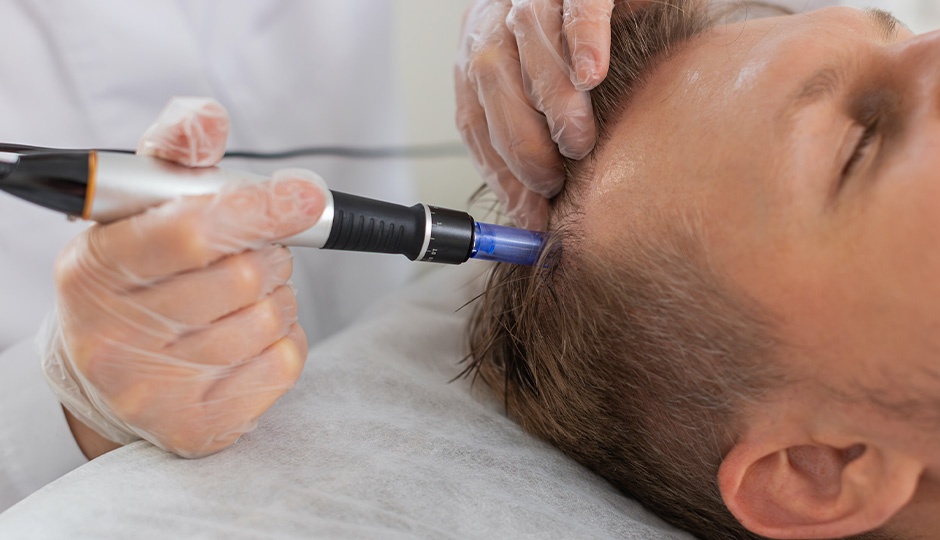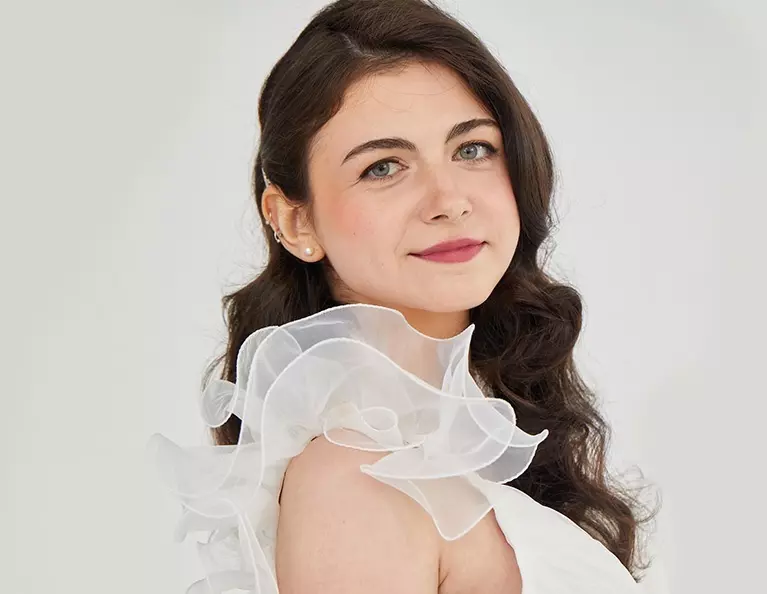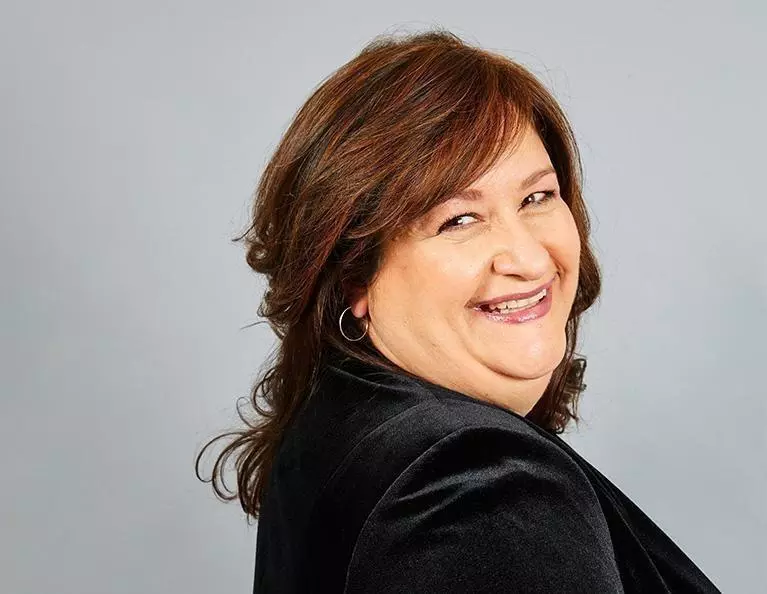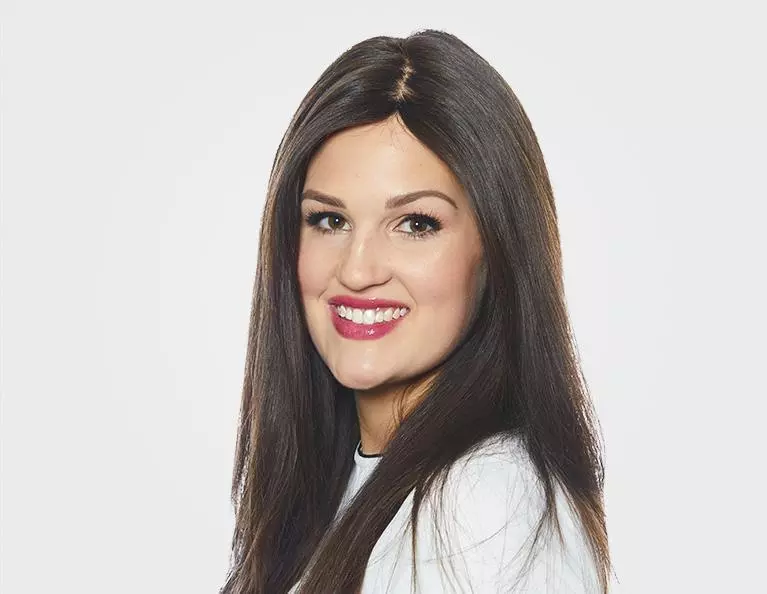Many people know our hair goes through cycles. Anagen is the growth phase, while the catagen phase marks the transition between this and the telogen or resting phase. Finally, the hair sheds in the exogen phase. Various things can interfere with any part of the natural cycle, but can we include winter among them?
This article focuses on winter hair shed – is it real, and if so, why does it occur? Let’s check out the possibilities.
Is It Normal to Shed Hair in Winter?
Yes, absolutely, so if you’ve noticed an increase in hair fall over the winter months, it’s nothing to be alarmed about. There are a few reasons why you’re more likely to experience hair loss during the colder months, and we’ll look at these below.
Less Sunlight Can Mean You Get Less Vitamin D
Our bodies need all kinds of vitamins and minerals, and that includes our hair. You may be familiar with the process of your skin absorbing vitamin D from sunlight. However, it’s not just your skin that benefits from this process. You can help with hair loss prevention during the winter by making sure you get enough sunlight whenever possible. It’s trickier given the shorter days and weaker sun, but not impossible.
You may also consider taking a supplement during the winter months or better still, ramping up your intake of foods containing vitamin D. Oily fish is an excellent source of vitamin D, along with fortified cereals. Avocado and kiwi are good too if you want to eat more fruit.
It’s More Common to Have More Hair Strands in the Telogen Phase
Remember that the telogen phase is the resting phase, where the hairs no longer grow. Instead, they rest for a few days before falling out (the exogen phase).
This means you’ll automatically shed more hair in one go as the individual strands reach the exogen phase. You may notice this on your hairbrush, as you shower, or spot some on your pillow first thing in the morning. However, it’s not a sign of something more serious such as alopecia. It’s quite natural for this time of year, and you shouldn’t notice any significant thinning of your hair. New growth will start as it should, and the excess shedding will only occur for a short time.
It makes sense to be gentler on your hair as the winter approaches. Don’t brush it excessively and try to avoid heat styling as much as possible, as this can strip moisture out of your hair and make it more fragile. It’s also wise to get a regular haircut to get rid of any split ends before they get the chance to split further.
Colder Temperatures and Indoor Heating Can Also Lead To More Hair Fall Than Usual
Think of winter and you think of frost, ice, and the chance of snow. While you may not associate any of these with dry air, the winter air is drier than that experienced at other times of the year. Furthermore, you’ll probably turn on the heating indoors to stay nice and warm… but again, that removes moisture from the air and thus makes your hair drier too.
If you notice this happening, make sure you use a good conditioner every time you wash your hair. You could also invest in a deep conditioning treatment you can use once or twice a week, depending on the instructions provided. This helps to moisturize your hair and your scalp – just make sure you apply it gently and keep the water warm rather than hot when rinsing it off.
In the end, you will shed more hair in the winter as the weather cools and the air dries out. There isn’t much you can do about either of those, but you can take good care of your hair to minimize the effects on it as best you can. Keep it covered whenever you go out in the cold – not only does it keep you warmer, but it will prevent your hair from being exposed to the worst of the weather.
Just remember that any winter hair shed is natural and should resolve naturally as well when the seasons change once more.
To learn more, contact the team at Unique Hair Concepts for a complimentary, private in-person hair and scalp analysis. The center is in Ardsley, New York in Westchester County just 25 minutes north of New York City.






